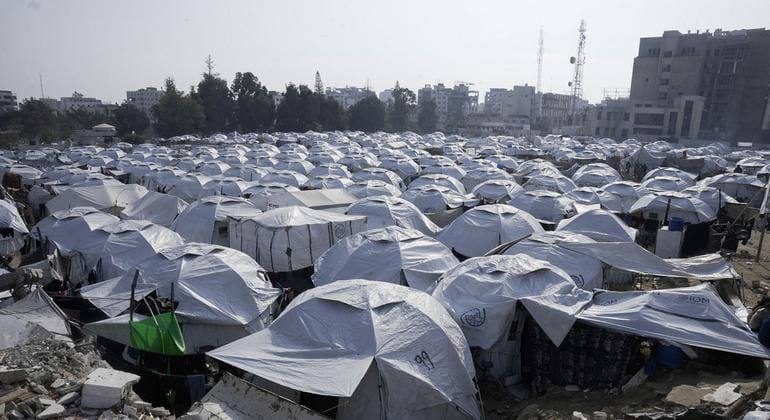Copyright MassLive

The U.S. Department of State has issued a Level 4 travel advisory for Mali, warning Americans not to travel to the country due to ongoing risks from crime, terrorism, kidnapping, civil unrest, and limited health care services. On October 24, 2025, the Department authorized non-emergency U.S. government personnel and their families to leave Mali amid growing safety concerns. The U.S. government has also restricted its employees from traveling outside the capital, Bamako, and cannot provide routine or emergency services to U.S. citizens beyond this area. The advisory highlights widespread violent crime throughout Mali, including kidnapping, armed robbery, assault, home invasion, and carjacking. These dangers are especially pronounced in Bamako during local holidays and seasonal events. Travelers should be aware of frequent roadblocks by armed groups, police checkpoints at night, and attacks targeting government, civilian, and commercial vehicles on highways. There is a significant threat of terrorist violence. Terrorist and armed groups have targeted foreigners for kidnappings and may carry out attacks without warning at locations frequented by foreigners such as nightclubs, hotels, restaurants, places of worship, diplomatic missions, and local security forces. Armed conflict between the Malian government and various armed groups is common nationwide. These groups often carry out deadly attacks on government and military facilities, including in the capital, resulting in civilian casualties. Air travel in and around Mali is also considered risky. The Federal Aviation Administration has issued notices restricting civil aviation operations due to safety concerns.Health services in Mali are limited. While some facilities exist in major cities, rural areas have very restricted access to medical care. Public clinics often lack basic supplies, and patients must pay for hospital transfers. Psychological and psychiatric services are scarce, and hospital care is generally available only through government institutions. The Department of State urges U.S. citizens in Mali to have emergency plans that do not rely on government assistance. Travelers should enroll in the Smart Traveler Enrollment Program (STEP) to receive updates and alerts. It is also recommended to establish personal security plans, monitor local news, and prepare legal and communication arrangements with family and employers. Additional precautions include leaving expensive belongings behind, securing accommodations, and deleting sensitive content from electronic devices before traveling to Mali. Vaccinations and travel insurance with medical evacuation coverage are strongly advised. For U.S. citizens requiring assistance, the U.S. Embassy in Bamako remains the primary contact point.For more detailed information, visit the official U.S. Department of State travel advisory page. More Travel Advisories UK joins Turks and Caicos, Denmark, Brazil, France in US travel warnings over safety concerns Civil unrest prompts travel advisory for popular vacation island Travel advisory: Violence prompts federal warning over island nation with diverse wildlife Travel advisory: Civil unrest and crime on island known for wildlife leads to federal warning Travel advisory: Updated travel warning issued for African nation



